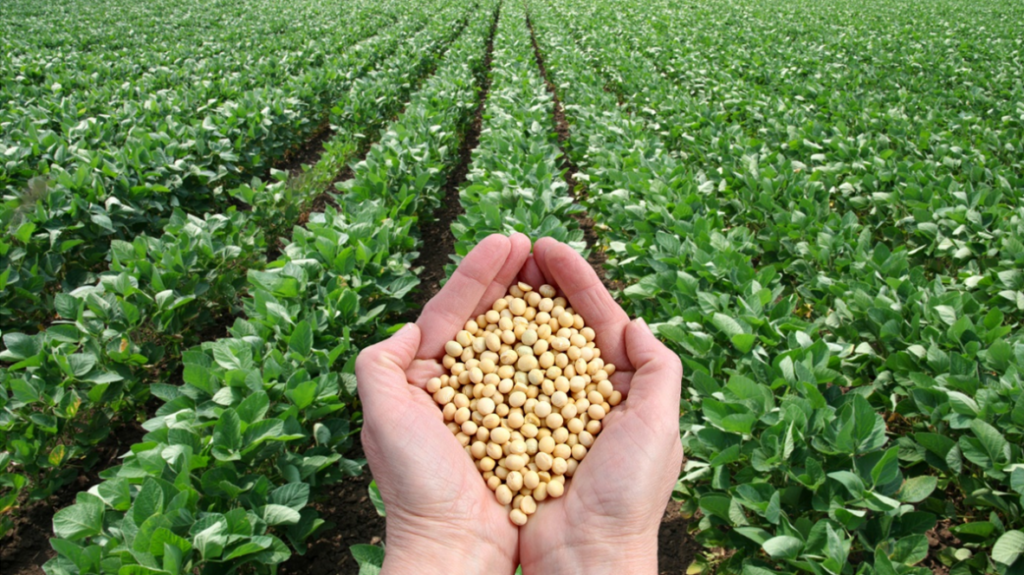Islamabad, Feb 11: After more than two years, Pakistan has officially resumed U.S. soybean imports, marking a significant milestone for the country’s poultry and oilseeds industry. The ceremony, held at Fauji Akbar Portia Marine Terminals Ltd. (FAP) in Karachi, was attended by key stakeholders, including the All-Pakistan Solvent Extractors Association (APSEA), the U.S. Soybean Export Council (USSEC), and officials from the U.S. Embassy and the Environmental Protection Agency of Pakistan.
A Renewed Partnership
The reopening of U.S. soybean trade follows extensive industry efforts to secure import approvals for genetically modified (GM) soybeans. Pakistan was previously an emerging destination for U.S. Soy, with imports exceeding $600 million before trade disruptions.
READ MORE: NEPRA Finds Flaws in Sahiwal Plant’s Coal Purchase
Kevin Roepke, USSEC’s Regional Director for South Asia and Sub-Saharan Africa (SAASSA), highlighted the long-standing partnership, stating:
“We are grateful to our partners in Pakistan for their continued trust and commitment to U.S. Soy. Pakistan’s industry creates thousands of jobs and provides nutritious food throughout the country by using U.S. Soy as a key input.”
Economic and Industrial Impact
With approximately 265,000 metric tons of U.S. soybeans arriving in the coming months, the industry expects significant benefits, including:
Strengthening the poultry sector with high-quality feed
Boosting domestic soybean meal and oil production, reducing reliance on imports
Enhancing Pakistan’s food security and economic stability
Zain Mahmood, Chairman of APSEA, described the development as a “landmark day for the industry,” emphasizing that producing soybean meal and oil domestically will create value addition and economic growth.
FAP’s Role in Facilitating Trade
As Pakistan’s only dedicated grain and fertilizer terminal, FAP plays a crucial role in handling U.S. soybeans efficiently. CEO Eqan Ali Khan noted that FAP holds a discharge record of 35,000 tons in a single day, reinforcing its capability to manage large-scale soybean imports.
Future Outlook
The resumption of U.S. soybean imports will improve poultry feed conversion ratios, increase profitability for farmers, and enhance the country’s food production capacity. This move positions Pakistan’s poultry and edible oil sectors for long-term growth, securing a more stable supply chain and greater economic benefits.
